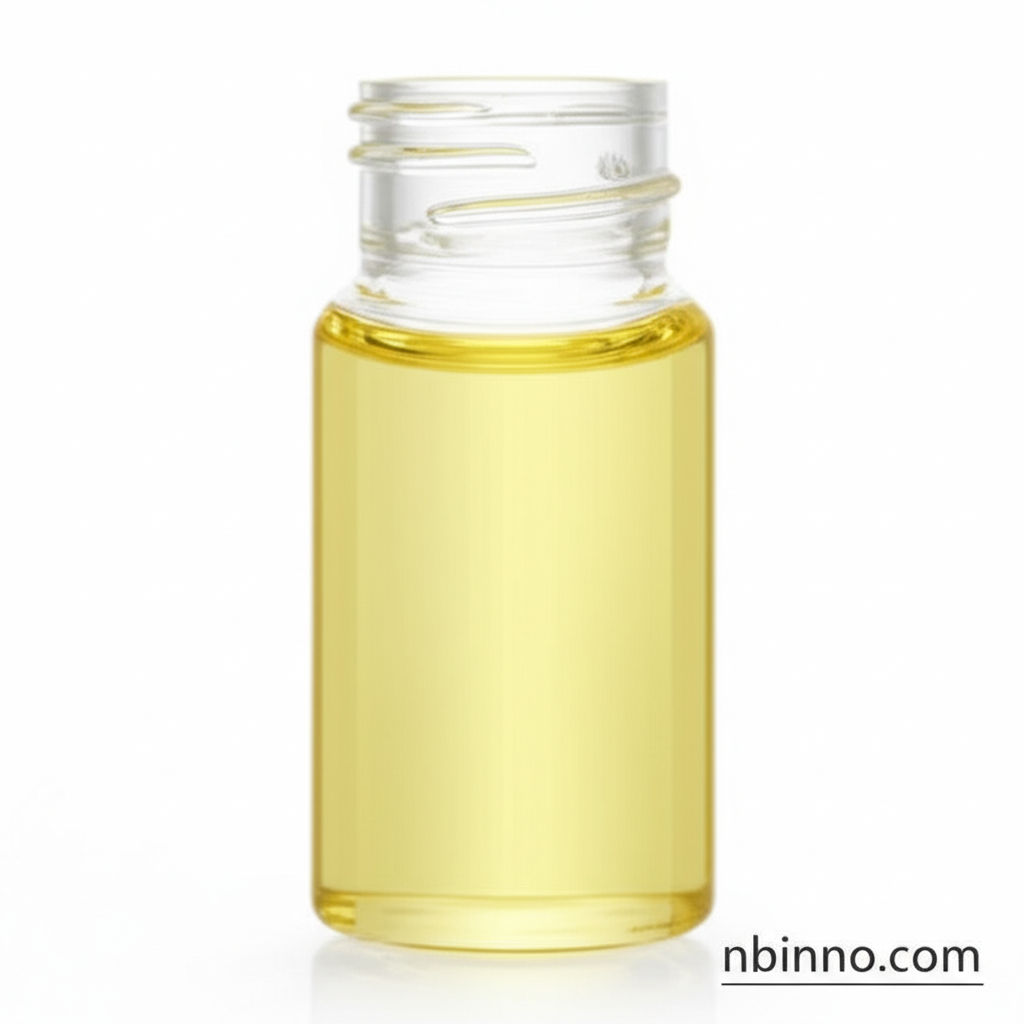1,4-Butanedithiol: Your Key to Advanced Organic Synthesis
Unlock new possibilities in chemical innovation with this essential organosulfur intermediate.
Get a Quote & SampleProduct Core Value

1,4-Butanedithiol
1,4-Butanedithiol, also known as 1,4-Dimercaptobutane, is a vital organosulfur compound with the CAS number 1191-08-8. Its unique molecular structure, featuring two reactive thiol (-SH) groups attached to a four-carbon chain, makes it an indispensable intermediate in a wide array of organic synthesis applications. This compound's high reactivity and versatility allow for the creation of complex molecules, finding significant utility in material science, nanotechnology, and the development of advanced polymers.
- Leveraging 1,4-butanedithiol organic synthesis intermediate capabilities, researchers can develop novel molecular structures.
- Explore the diverse 1,4-dimercaptobutane applications, from creating complex organic molecules to functional materials.
- The high purity of 1,4-butanedithiol ensures reliable performance in demanding chemical processes.
- Understand the critical role of butane-1,4-dithiol in the synthesis of biodegradable polymers, addressing environmental concerns.
Key Advantages
Versatile Reactivity
The presence of dual thiol groups in 1,4-butanedithiol grants it exceptional reactivity, enabling participation in various chemical transformations crucial for organic synthesis.
Biodegradable Polymer Precursor
This compound is instrumental in producing sulfur-containing polymers with inherent biodegradability, aligning with sustainable manufacturing practices and contributing to biodegradable polymer research.
Nanotechnology Applications
1,4-butanedithiol plays a key role in forming self-assembled monolayers on gold surfaces, a foundational process in advancing nanotechnology and microelectronics.
Key Applications
Organic Synthesis
As a premier 1,4-butanedithiol organic synthesis intermediate, it facilitates the construction of intricate organic molecules essential for pharmaceutical and fine chemical industries.
Material Science
Its unique properties make it valuable for developing novel materials, including polymers with specific performance characteristics and tailored surface properties.
Nanotechnology & Microelectronics
Critical for creating self-assembled monolayers on metal surfaces, supporting advancements in nanoscale devices and electronic components.
Polymer Chemistry
Used in the synthesis of specialty polymers, particularly those designed for biodegradability, addressing the growing demand for eco-friendly materials.
